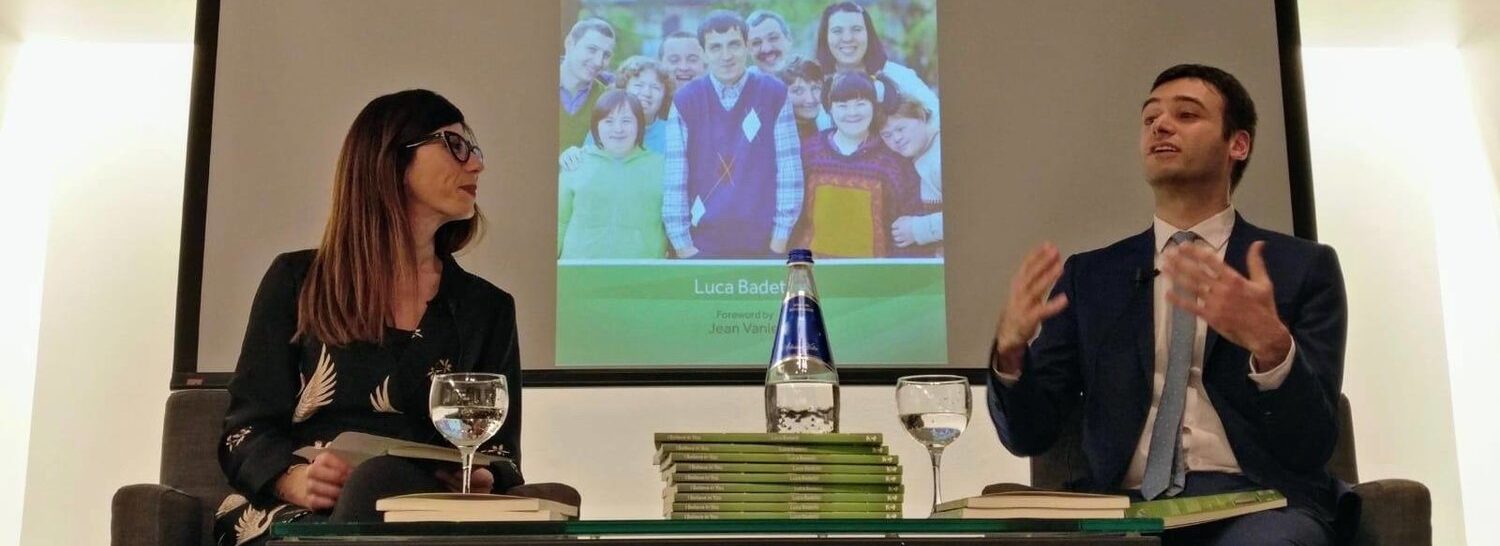Encountering the mystery of the other
What is at the heart of relationship? Being known. Vulnerability. Commitment. Yes, yes, and yes! What about mystery though?
Recently, a group of folks from L’Arche Chicago attended a book release party for our dear friend Luca Badetti. In speaking on his book, “I Believe In You”, Luca emphasized that relationship starts with encounter and discovery, a tender curiosity about the other. This eventually leads to friendship and a level of comfort with those we care about. Yet, even after knowing someone for years or even decades, our closest friends are still unknown at some level. I think this mystery is the indescribable uniqueness of being an individual.
During my time as a L’Arche assistant in Choluteca, Honduras, I lived with a man, Javier, who was full of mystery. At first encounter, Javier is one of the most joyful people I have ever met and that joy is genuine. Behind that joy though is an incredible resilience one receives after knowing immense suffering and marginalization.
When I arrived in L’Arche Choluteca, local neighbors were quick to describe Javier as jovial and happy. Again this is true, but as I got to know Javier, he expressed how he felt a lot of pressure to be happy all of the time. He told me “Ellos quieren que yo sea feliz, entonces yo soy feliz.” Translated: “They want me to be happy, so I am happy.” Luckily, in L’Arche, the other assistants and core members knew much more of Javier’s story which allowed him to express a wide range of emotions. Like Javier, all of us experience being labeled or pigeon holed into a specific identity. We are more than the sum of our characteristics and identities though.
As humans, we are hardwired to make the unknown, known. In a lot of ways, this has propelled us to incredible discoveries. We are living longer, new medicines are available to cure diseases, we have the ability to travel the span of the world within a day. We know more about the human body than ever before. But what about the human spirit? This type of discovery cannot happen in labs or through data analysis, it can only happen in relationship. Joshua Abraham Heschel, a Jewish philosopher and theologian, believes discovery starts with wonder. Imagine approaching a relationship with wonder: to say I am not sure what will be revealed through our time together, but I am hopeful. If we start there instead of our labels and diagnosis, the depths of our relationships are unlimited and surprising discoveries will unfold.

